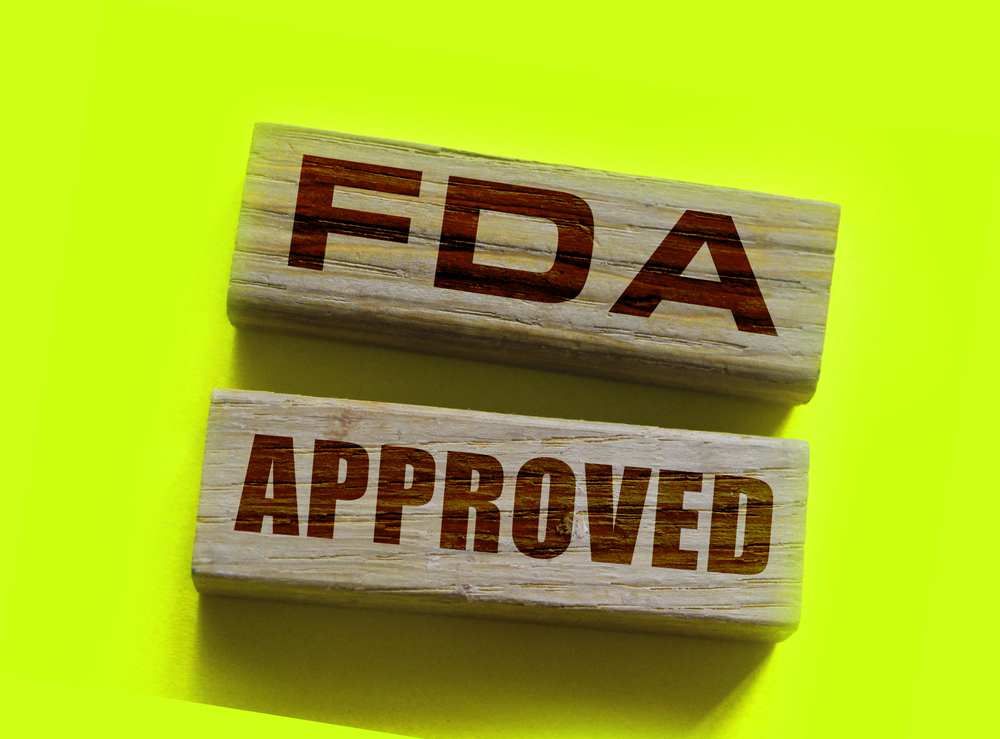S2K Commerce - Shopping Cart
S2K Commerce - Products Dropdown
Web Content Viewer
FDA Compliance and Approval for Containers

There are a number of potential situations where companies who produce products will have to coordinate with the FDA, and some of these may surround containers and the kinds of products used both to create them and inside of them. Two particular terms that are often used in this realm, and that have some important differences despite often being used interchangeably, are FDA compliance and FDA approval.
At Industrial Container and Supply Company, we're here to offer a huge range of container options for varying client needs, including jars, bottles, cans and numerous others made from quality plastic, glass and metal. Here are some basics on how FDA compliance and FDA approval differ, how they often inform one another, and some examples within each area to help you understand.
FDA's Role in Product Regulation
Before we dig into specifics here, let's discuss the broad role of the US Food and Drug Administration (FDA) in product regulation. The FDA oversees a wide variety of medical and consumer goods within the US, ensuring safety, efficacy and legality of all products found on the market.
This role means that any time new or existing products are being sent to market, there's often an FDA process that must be completed. The details of this process vary depending on the product and its intended use, but in general it can involve inspections, trials and tests, as well as extensive record-keeping to ensure all safety standards are met throughout production and distribution.
FDA Approval
When we discuss FDA approval, this refers to products that have gone through a multi-step review process from the FDA to certify its uses and purposes. These products can sometimes be actual ingredients, while in other cases they will refer to plastics or container materials.
It's important to note that not all products require FDA approval to be put on the market. Rather, this category tends to be required in a few particular product categories:
Medical industry: Particularly when it comes to new medical devices, drugs or treatments, the FDA requires a level of approval to ensure safety and efficacy.
Food: Specifically in the realm of food additives, such as preservatives, flavorings or similar components, products must be approved by the FDA.
Prescription drugs: The pharmaceutical industry is highly regulated, and all prescription drugs must be approved by the FDA before they can go to market.
FDA Compliance
On the other hand, FDA compliance refers to the overall process that companies use in order to ensure their products are meeting all safety standards set forth by the FDA. This often involves designing, producing and testing product components to ensure they are safe for use.
For instance, let's use the realm of food and beverage as a simple example here. Within food safety, the FDA will need to provide approval for any packaging or container that comes into contact with the product; so long as the container in question follows all food contact regulations therein, it will be compliant with FDA rules.
For products that don't require FDA approval, however, compliance is a bit simpler. Take cosmetics, for instance, which usually don't require FDA approval to go to market - as long as all such products are used and labeled as intended and per FDA rules, they are in compliance and no further action needs to be taken.
Food Grade
There's another term here that you should know about, one that's specifically reserved for products intended for consumtion: Food grade. It's important to realize, however, that we're outside FDA guidelines in this category.
Food grade is meant as a standard to hold companies to when creating products and packaging meant specifically to hold food. For instance, certain kinds of food packaging are known to be food-grade, such as certain kinds of plastic, paper and metal.
The difference here is that while the FDA may have approval standards for a few select products, food grade is more of an industry-wide standard to ensure safety throughout production and distribution. It's not a hard requirement like FDA approval, but it can still inform decisions in terms of container materials and packaging.
Overall, while FDA approval and compliance share some similarities in terms of safety standards, they are two very different things. Companies that produce products must understand when each is required, as well as what factors may influence the decision-making process. Additionally, understanding food grade can also help inform decisions surrounding these processes.
At Industrial Container & Supply Company, we understand the importance of regulatory compliance and having the right containers, as well as adhering to food grade standards. Contact us today to learn more about our products and how we can assist you in this area.
